Poetry's surprising renaissance in the UK
Books of verse enjoyed record sales last year but the Instagram-inspired trend is 'alarming' to some

A free daily email with the biggest news stories of the day – and the best features from TheWeek.com
You are now subscribed
Your newsletter sign-up was successful
Poetry is rising in popularity in the UK as social media drives an unexpected renaissance in the often overlooked genre.
Last year, sales of poetry books reached £14.4 million – their highest since accurate official figures from BookScan began a decade ago. But what's making more Brits turn to verse and why are some in the sector unhappy about the trend?
'Instapoetry'
Scottish poet Donna Ashworth ended 2023 with five of her books in the Top 20 poetry chart after nearly 70,000 of her hardback books were sold last year. She has one million Facebook followers and 240,000 on Instagram and this is key to her success.
The Week
Escape your echo chamber. Get the facts behind the news, plus analysis from multiple perspectives.

Sign up for The Week's Free Newsletters
From our morning news briefing to a weekly Good News Newsletter, get the best of The Week delivered directly to your inbox.
From our morning news briefing to a weekly Good News Newsletter, get the best of The Week delivered directly to your inbox.
Social media provides a platform for unpublished authors to share their work and for readers to access poetry. Instagram is a pivotal factor in the rising popularity of poems, explained The Observer, with "Instapoetry", a "style of short and direct verse, put out and shared online", particularly popular. The genre, which was "kicked off" by Canadian Rupi Kaur's "Milk and Honey" in 2015, has continued to grow in popularity.
A crossover between the poetry and self-help genres has been important. "There's been a real change in poetry over the past decade," Judith Palmer, director of the Poetry Society, told The Observer. “It's been led by Instagram and social media, with many more poems about shared experience and the human condition."
Two key translations of Homer also boosted sales last year. Father and son translators E.V. and D.C.H. Rieu released a version of "The Odyssey" and Emily Wilson offered a new translation of "The Iliad".
The succession of emergencies, such as the Covid pandemic, the war in Ukraine and the cost-of-living crisis, could also have played a part. In 2019, Dina Gusejnova, an assistant professor in international history, told the LSE website that "throughout history, readers have been drawn to poetry in the context of political crises which fragment and challenge society".
A free daily email with the biggest news stories of the day – and the best features from TheWeek.com
An 'alarming' trend
But despite its welcome success for publishers, "Instapoetry" is not without its detractors. The Economist described the rise in poetry sales as "alarming", dismissing Ashworth's verse as feeling "less like poetry than as though ChatGPT has been asked to produce inspirational fridge magnets". It insisted that Instapoetry "doesn't feel true".
The digitally driven form has "raised the ire of so many in the traditional poetry community", wrote Tom Tivnan in The Bookseller. "The gall of actually being successful at poetry, right?"
"The literary value of many of these Insta poets is zero," publisher Neil Astley told The Observer. "This boom in their sales is about stuff pretending to be poetry." But Tivnan feels that those who "dismiss the insta-poets" are being "blindingly reductive". He encourages "poetry snobs" to see the new wave as "broadening what has heretofore been a closed market".
That broadening should be seen in context, argued Susie Goldsbrough in The Times. Poetry sales may have reached almost £12 million last year at the time she was writing last December, but this figure is "peanuts", she said, and "not much more than Penguin is reported to have paid Richard Osman as an advance on his next few books".
Chas Newkey-Burden has been part of The Week Digital team for more than a decade and a journalist for 25 years, starting out on the irreverent football weekly 90 Minutes, before moving to lifestyle magazines Loaded and Attitude. He was a columnist for The Big Issue and landed a world exclusive with David Beckham that became the weekly magazine’s bestselling issue. He now writes regularly for The Guardian, The Telegraph, The Independent, Metro, FourFourTwo and the i new site. He is also the author of a number of non-fiction books.
-
 The environmental cost of GLP-1s
The environmental cost of GLP-1sThe explainer Producing the drugs is a dirty process
-
 Nuuk becomes ground zero for Greenland’s diplomatic straits
Nuuk becomes ground zero for Greenland’s diplomatic straitsIN THE SPOTLIGHT A flurry of new consular activity in the remote Danish protectorate shows how important Greenland has become to Europeans’ anxiety about American imperialism
-
 ‘This is something that happens all too often’
‘This is something that happens all too often’Instant Opinion Opinion, comment and editorials of the day
-
 February’s books feature new Toni Morrison, a sapphic love tale and a criticism of Mexican history
February’s books feature new Toni Morrison, a sapphic love tale and a criticism of Mexican historyThe Week Recommends This month’s new releases include ‘Autobiography of Cotton’ by Cristina Rivera Garza, ‘Language as Liberation’ by Toni Morrison and ‘Heap Earth Upon It’ by Chloe Michelle Howarth
-
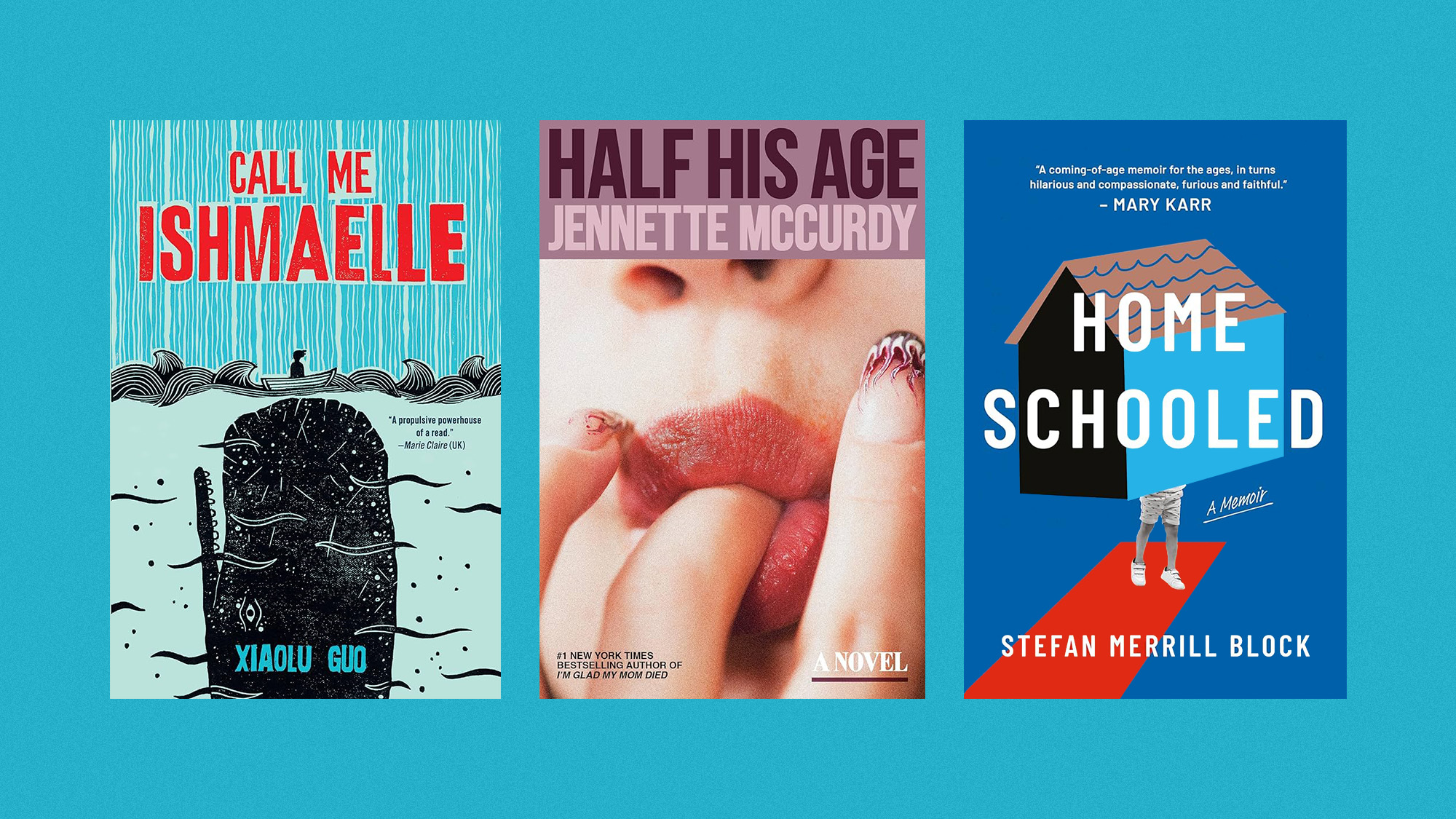 January’s books feature a revisioned classic, a homeschooler’s memoir and a provocative thriller dramedy
January’s books feature a revisioned classic, a homeschooler’s memoir and a provocative thriller dramedyThe Week Recommends This month’s new releases include ‘Call Me Ishmaelle’ by Xiaolu Guo, ‘Homeschooled: A Memoir’ by Stefan Merrill Block, ‘Anatomy of an Alibi’ by Ashley Elston and ‘Half His Age’ by Jennette McCurdy
-
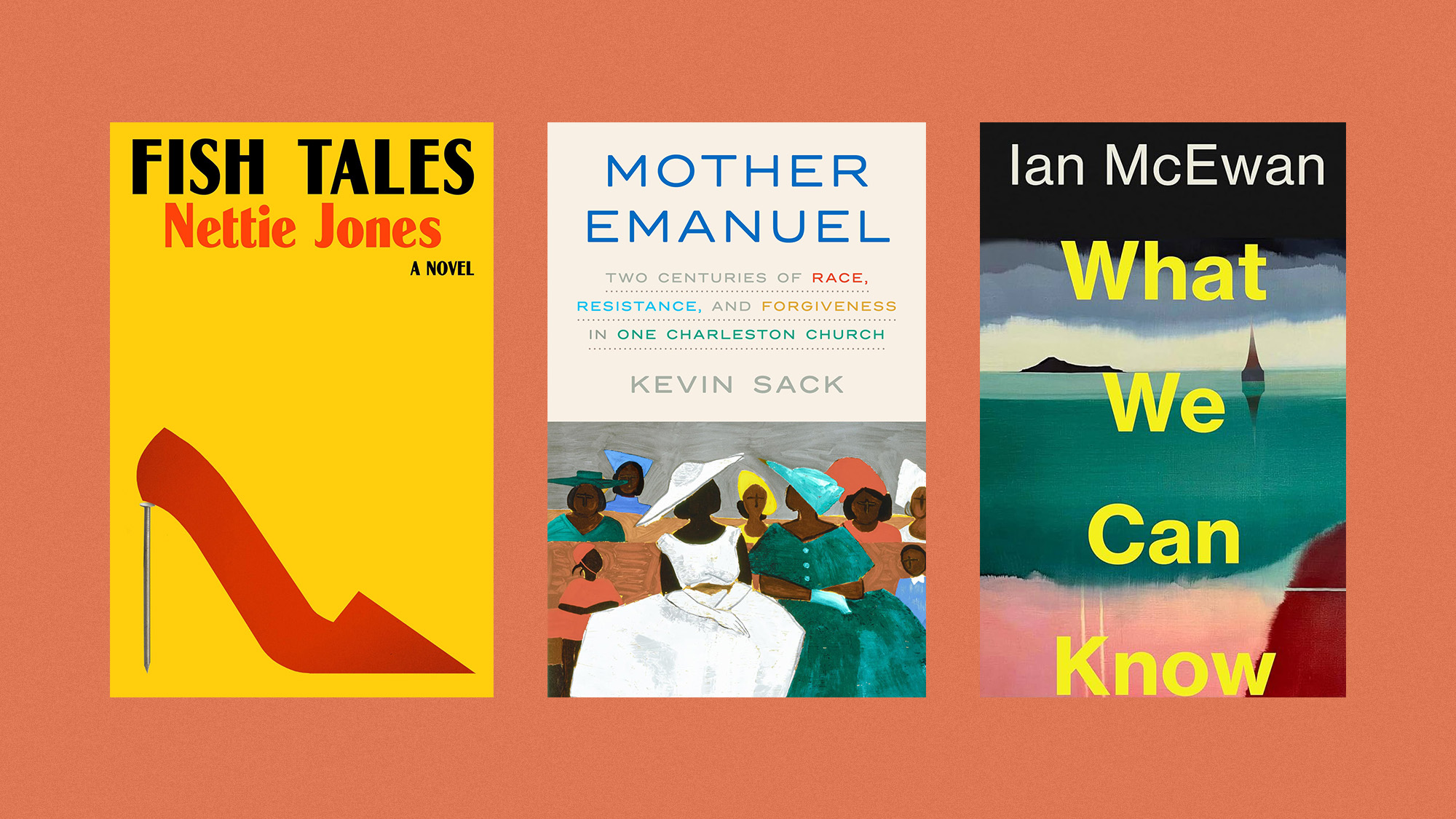 The best books of 2025
The best books of 2025The Week Recommends A deep dive into the site of a mass shooting, a new release from the author of ‘Atonement’ and more
-
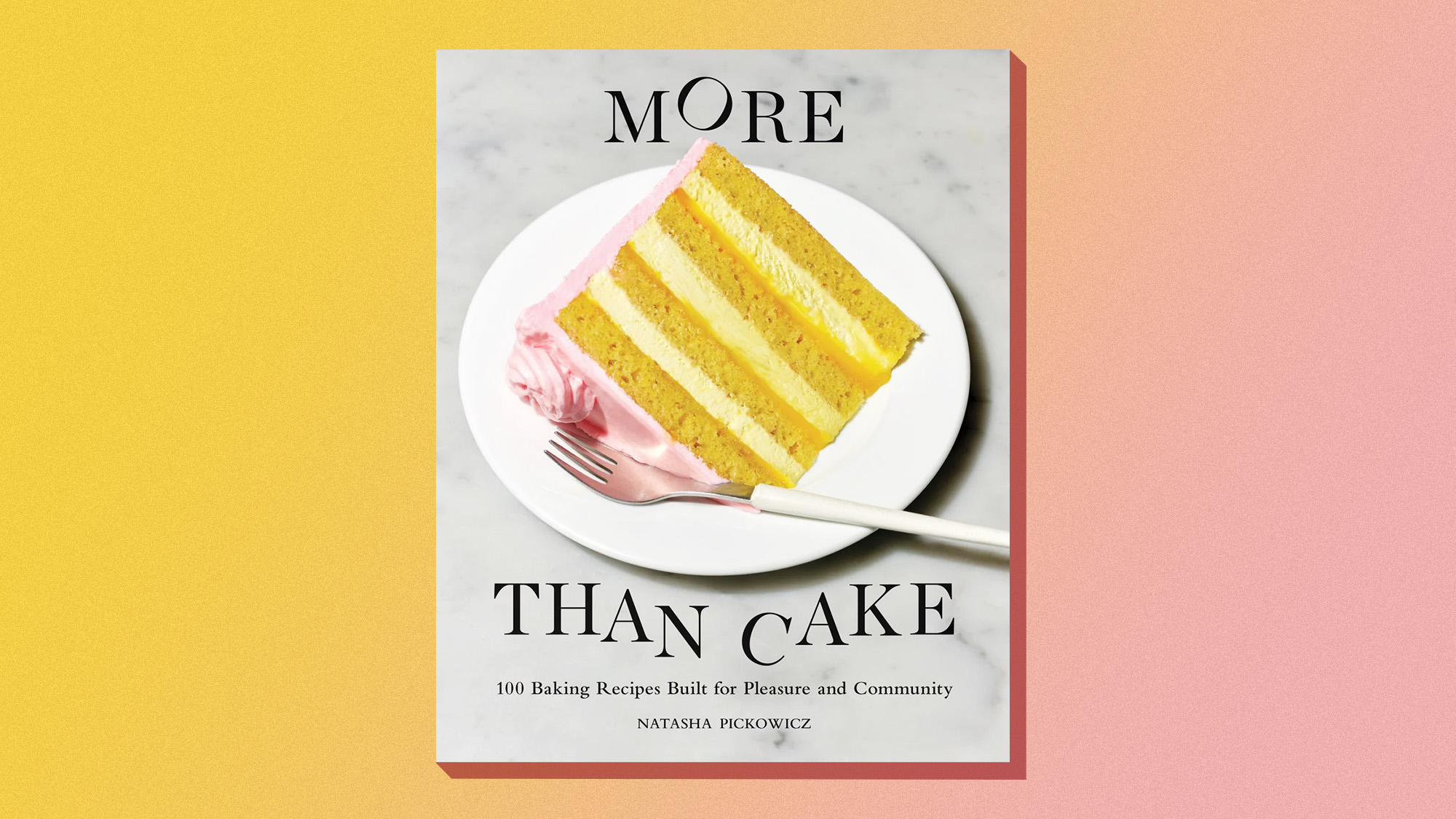 One great cookbook: Natasha Pickowicz’s ‘More Than Cake’
One great cookbook: Natasha Pickowicz’s ‘More Than Cake’the week recommends The power of pastry brought to inspired life
-
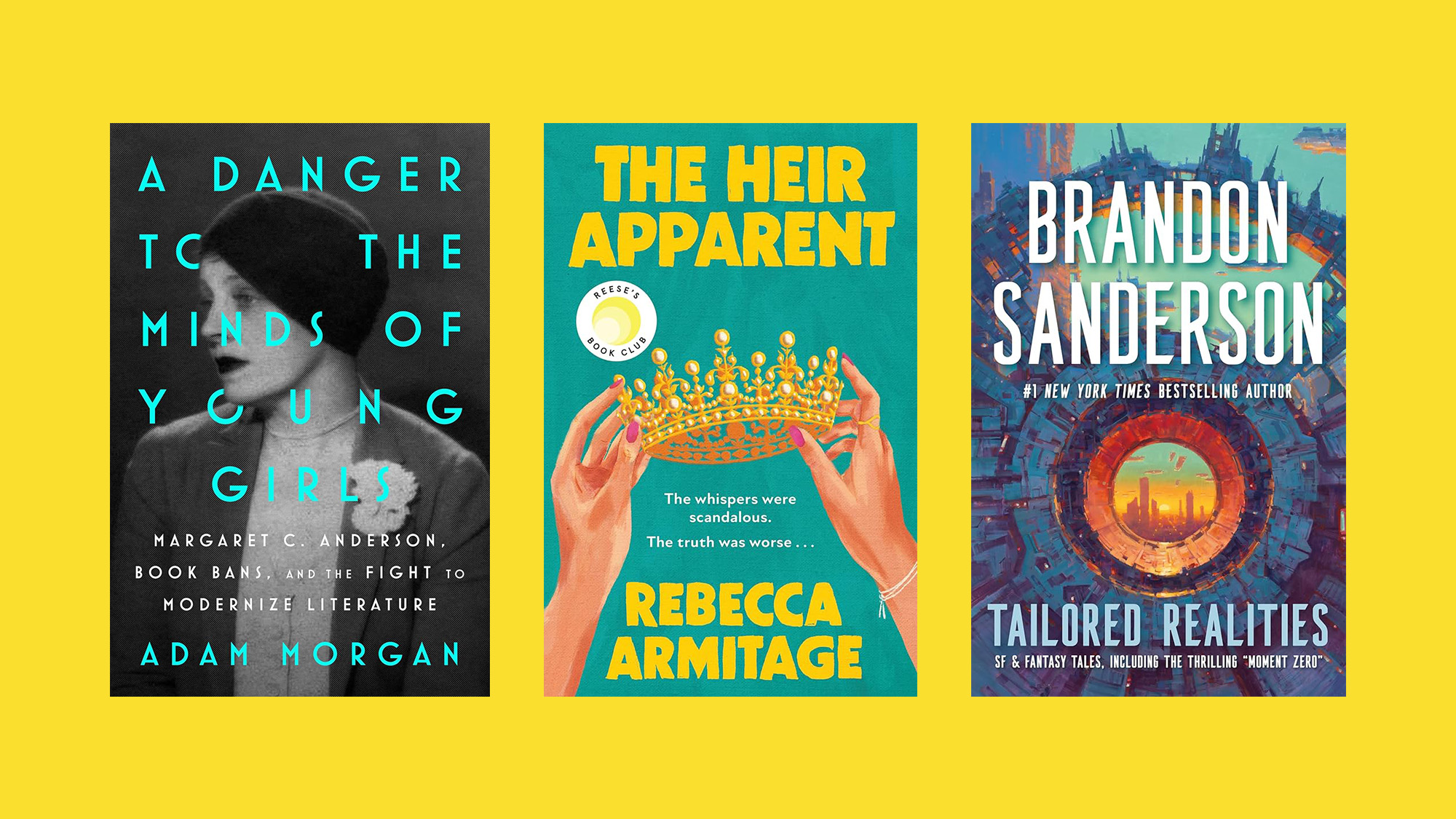 December’s books feature otherworldly tales, a literary icon’s life story and an adult royal romp
December’s books feature otherworldly tales, a literary icon’s life story and an adult royal rompThe Week Recommends This month's new releases include ‘The Heir Apparent’ by Rebecca Armitage and ‘Tailored Realities’ by Brandon Sanderson
-
 Australia’s teens brace for social media ban
Australia’s teens brace for social media banIn The Spotlight Under-16s will be banned from having accounts on major platforms
-
 The most downloaded country song in the US is AI-generated
The most downloaded country song in the US is AI-generatedUnder the radar Both the song and artist appear to be entirely the creation of artificial intelligence
-
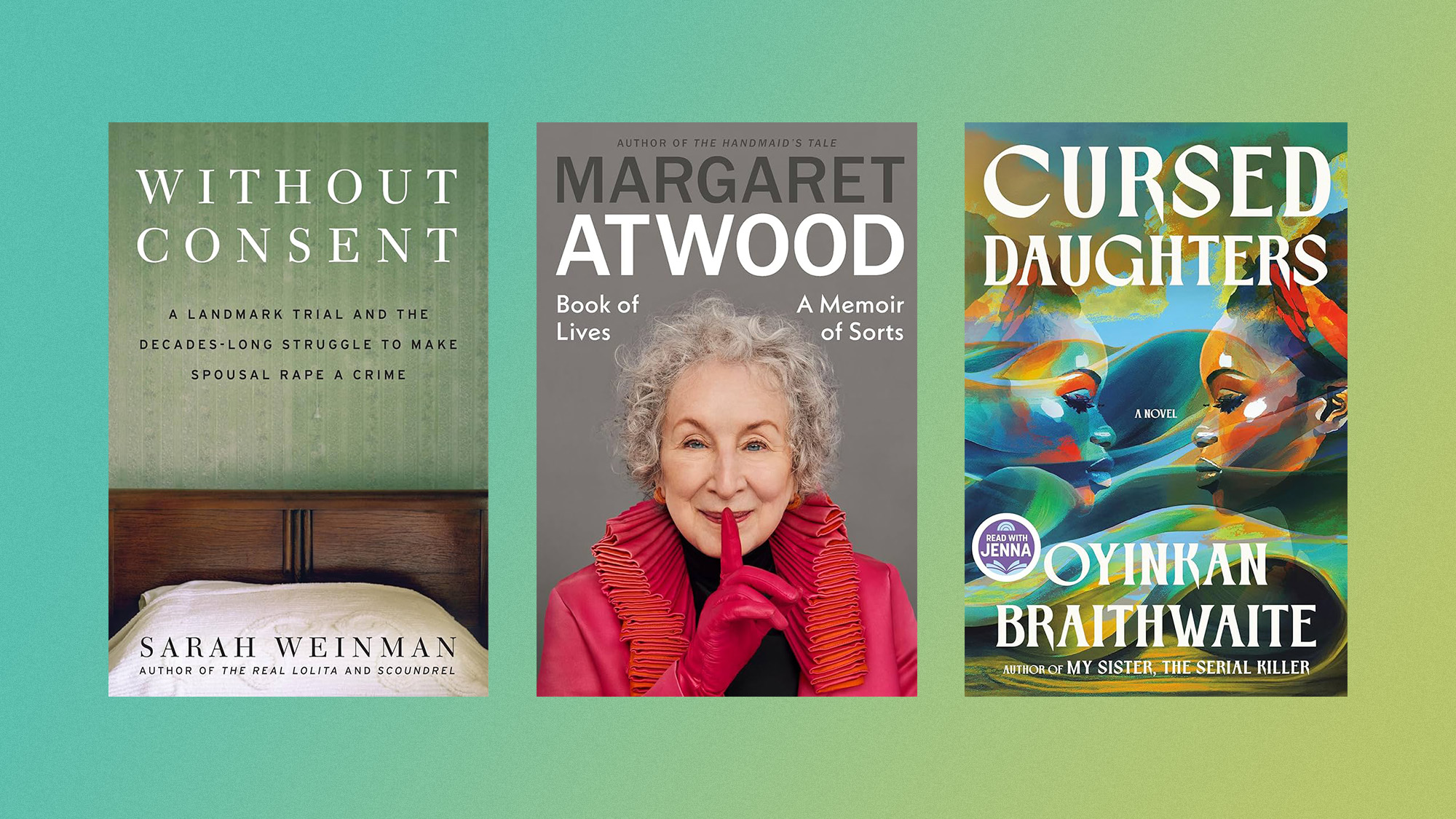 Margaret Atwood’s memoir, intergenerational trauma and the fight to make spousal rape a crime: Welcome to November books
Margaret Atwood’s memoir, intergenerational trauma and the fight to make spousal rape a crime: Welcome to November booksThe Week Recommends This month's new releases include ‘Book of Lives: A Memoir of Sorts’ by Margaret Atwood, ‘Cursed Daughters’ by Oyinkan Braithwaite and 'Without Consent' by Sarah Weinman